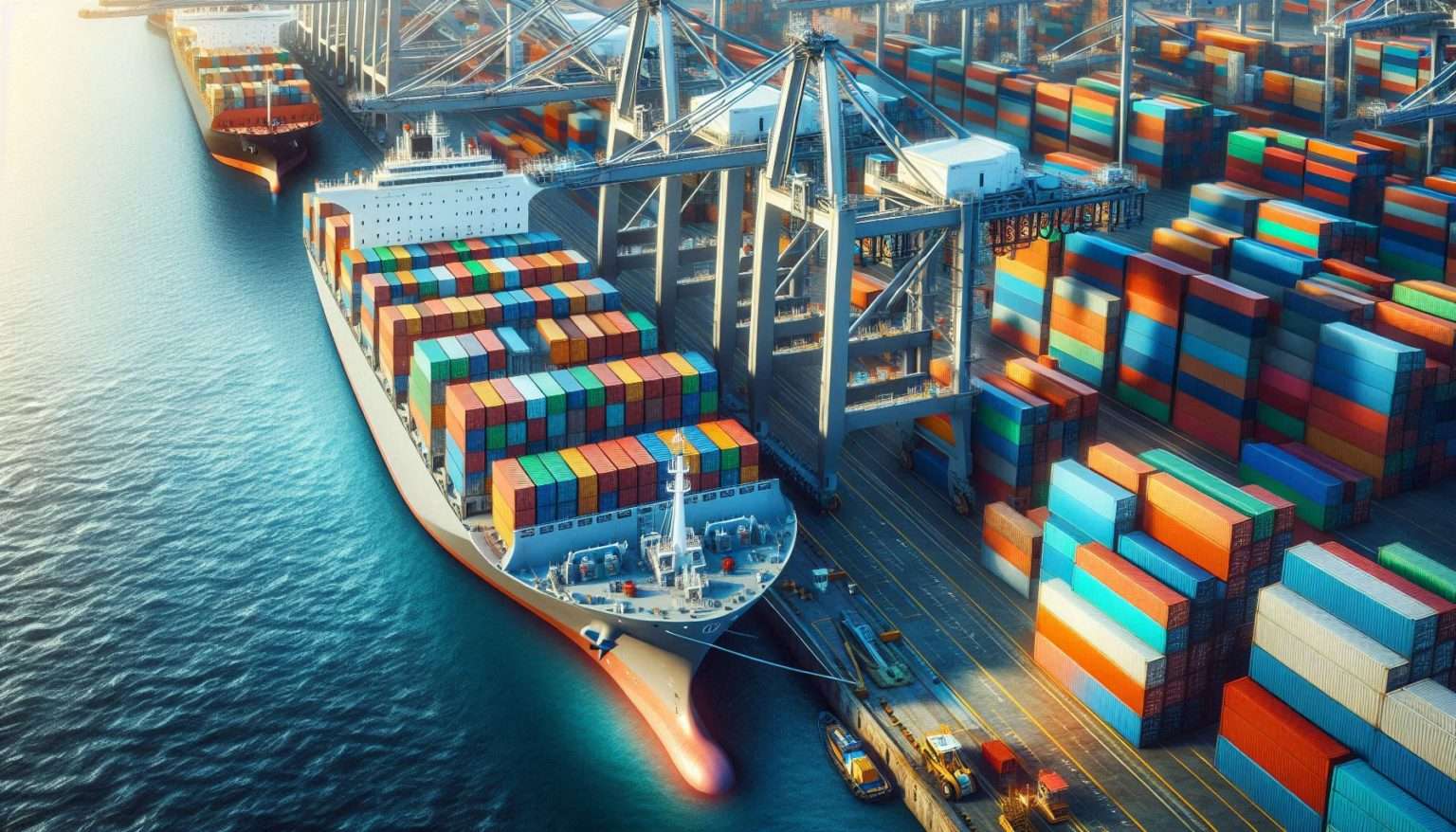As a trader we should understand the FAS meaning in incoterms 2020. In the dynamic world of international trade, understanding the nuances of shipping terms is essential for smooth transactions. Among the array of options provided by the Incoterms rules, Free Alongside Ship (FAS) emerges as a significant concept. This blog post aims to delve into the meaning and implications of FAS within the framework of Incoterms 2020, shedding light on its importance and practical applications.
FAS (Free Alongside Ship) Incoterms 2020 are commonly used by exporters and importers involved in international trade, particularly those dealing with bulk goods that are loaded onto conventional ships. Industries such as mining, agriculture (for commodities like grain), and manufacturing (for raw materials like metals) frequently utilize FAS terms when shipping their products via sea freight. Additionally, FAS terms are suitable for transactions where the buyer prefers to manage the transportation arrangements themselves and has the capability to handle the logistics of loading goods directly onto the ship at the port of shipment.
FAS Meaning and understanding deeper
Free Alongside Ship, commonly abbreviated as FAS, is a critical trade term defining the seller’s responsibilities until the goods are placed alongside the vessel designated by the buyer at the named port of shipment. As outlined in Incoterms 2020, under FAS, the seller’s obligation concludes when the goods are delivered to the side of the vessel, ready for loading.
Subscribe to the Ex-works24/7 newsletter
FAS Meaning and Keypoints
Seller’s Duties: FAS places the responsibility of delivering the goods alongside the vessel at the named port of shipment on the seller. This includes ensuring that the goods are cleared for export and delivered to the side of the vessel for loading.
Transfer of Risk: Risk transfers from the seller to the buyer once the goods are placed alongside the vessel at the named port of shipment. From this point onward, the buyer assumes responsibility for any loss or damage to the goods.
Buyer’s Responsibilities: Following the transfer of risk, the buyer is responsible for arranging and covering the costs of marine transportation, insurance, and any further expenses associated with transporting the goods to the final destination.
Frequently Asked Questions
When is it advisable to use FAS?
If you have bulk goods such as coal, wheat or metal to be loaded onto conventional ships, the delivery term FAS is the most suitable option. If the goods are packed in containers and can be brought directly to the ship and loaded, FCA is the better choice.
When is the transfer of risk with FAS?
The seller fulfills his delivery obligation when the goods are ready for loading from the quay or water. This can be done either with the loading equipment at the quay, e.g. a crane, or with that of a ship. When the goods are ready for loading onto the ship, the risk and costs are transferred to the buyer.
What has to be considered for delivery FAS?
In the case of FAS Incoterm, the buyer must also fulfill his obligation to notify the seller and inform him in good time of the name of the ship, the berth, and the loading time.
If the ship does not arrive on the agreed date or departs earlier than agreed, the risk also then passes to the buyer.
Who bears the costs in the case of FAS?
Within the scope of this delivery agreement, the seller shall bear the costs of packaging and transport to the delivery point, including all necessary documents. The costs of loading and all other costs are borne by the buyer. Since Incoterms 2000, the seller is responsible for export clearance in the country of origin when is FAS recommended?
If you have bulk goods like coal, wheat, or metal to load onto traditional ships, FAS is the best choice. For containerized goods that can be directly brought to the ship for loading, FCA is preferable.
When does risk transfer occur with FAS?
The seller fulfills their delivery obligation when goods are ready for loading from the quay or water, using either quay-side equipment like a crane or the ship’s equipment. Once goods are ready for loading onto the ship, risk and costs shift to the buyer.
What should be considered for FAS delivery?
Under FAS Incoterms, the buyer must notify the seller promptly of the ship’s name, berth, and loading time. If the ship deviates from the agreed schedule, risk transfers to the buyer.
Who covers costs under FAS?
The seller covers packaging and transport costs to the delivery point, along with necessary documents. Loading costs and other expenses fall on the buyer. Since Incoterms 2000, the seller has handled export clearance in the country of origin.
Practical Applications
FAS is commonly used in international trade transactions, particularly for goods transported via sea freight. It provides clarity and simplicity in shipping arrangements, ensuring smooth transactions between buyer and seller. FAS is advantageous for buyers who have expertise in logistics and prefer to manage transportation arrangements themselves.
Conclusion: In conclusion, Free Alongside Ship (FAS) plays a crucial role in Incoterms 2020, defining seller obligations and the transfer of risk in international trade transactions. Understanding the intricacies of FAS is essential for businesses engaged in global commerce, as it directly influences the distribution of responsibilities and liabilities between the parties involved. By comprehending the meaning and implications of FAS, businesses can make informed decisions, mitigate risks, and ensure smoother transactions in the ever-evolving landscape of international trade.




